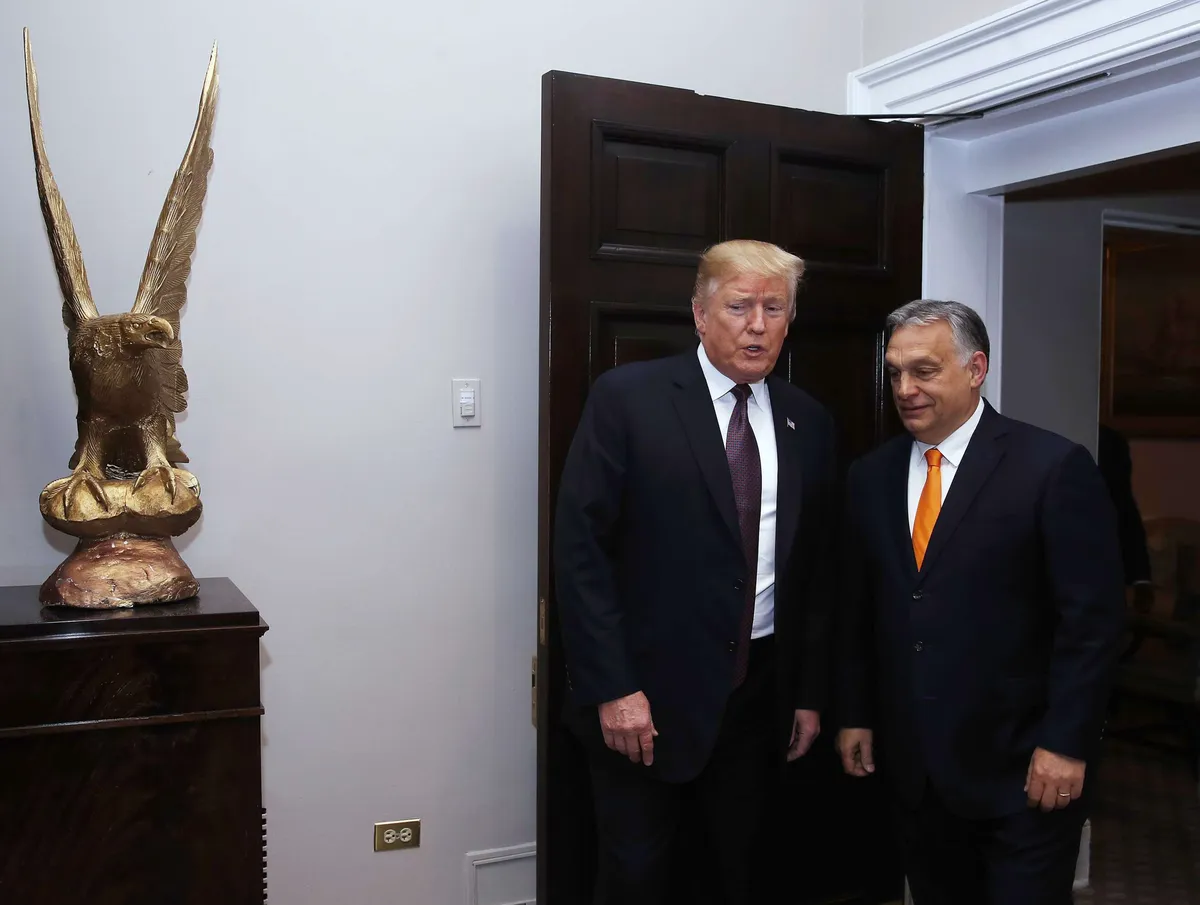Hungary’s relations with the United States have been strained for years, affecting its economy. In March, Hungary celebrated its 25th anniversary of joining NATO at the Central European University in Budapest. The event was attended by American ambassadors, democracy advocates, researchers, professors, and former ministers. However, Prime Minister Viktor Orban was absent from the celebration despite leading Hungary into NATO in 1999. The American ambassador emphasized in his speech that Hungary joined NATO because of its commitment to democracy and the Western alliance.
While Hungary-U.S. relations are poor, they are not the only ones; Hungary’s relationships with other EU countries have also been challenging. Recent reports suggest that the U.S. is unhappy with the Hungarian government, creating economic uncertainty. A professor from Corvin University in Budapest observed that this tension with the U.S. could have repercussions on Hungary’s economy and its relations with the EU.
Hungary has increasingly turned its focus to the East, and Western investors have noticed a change in the government’s attitude towards them. This shift has led to a decline in trust from countries like Germany, which was previously a significant investor in Hungary. Some Western investors have reported facing challenges in Hungary, although the exact nature of these obstacles varies. Meanwhile, Chinese investments in Hungary have introduced a new level of secrecy, further complicating the business climate.
Despite these challenges, Hungary continues to attract foreign investments albeit differently than before. Western companies have adapted to changing environment but there are concerns about additional taxes imposed on foreign companies.
Overall while Hungary’s antagonistic stance towards the U



